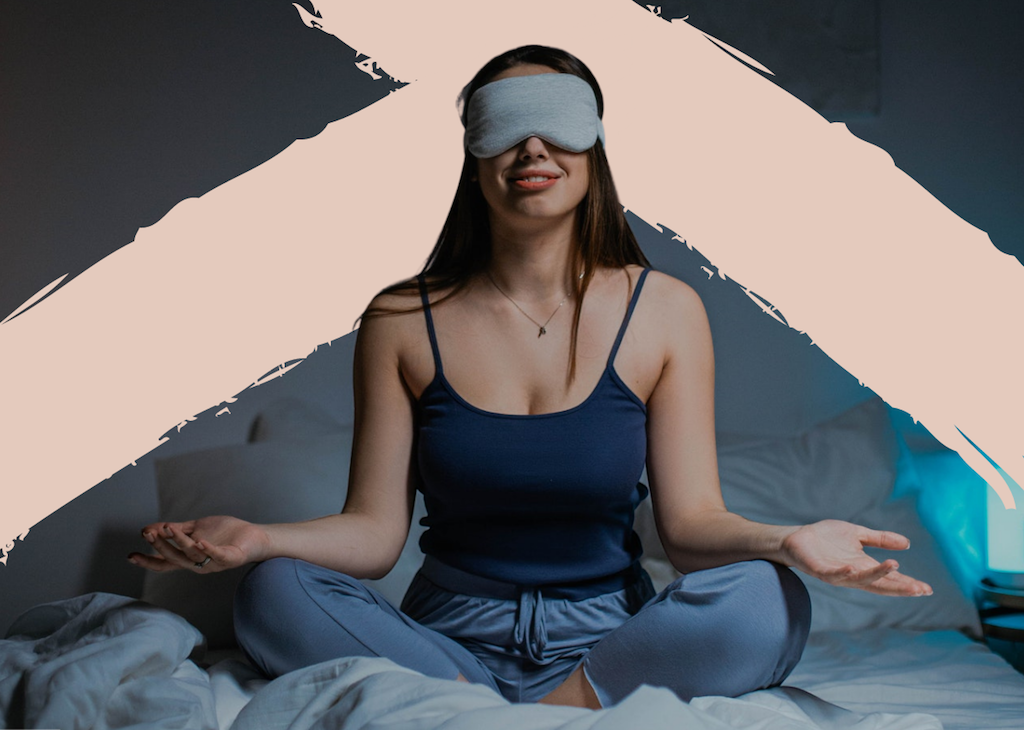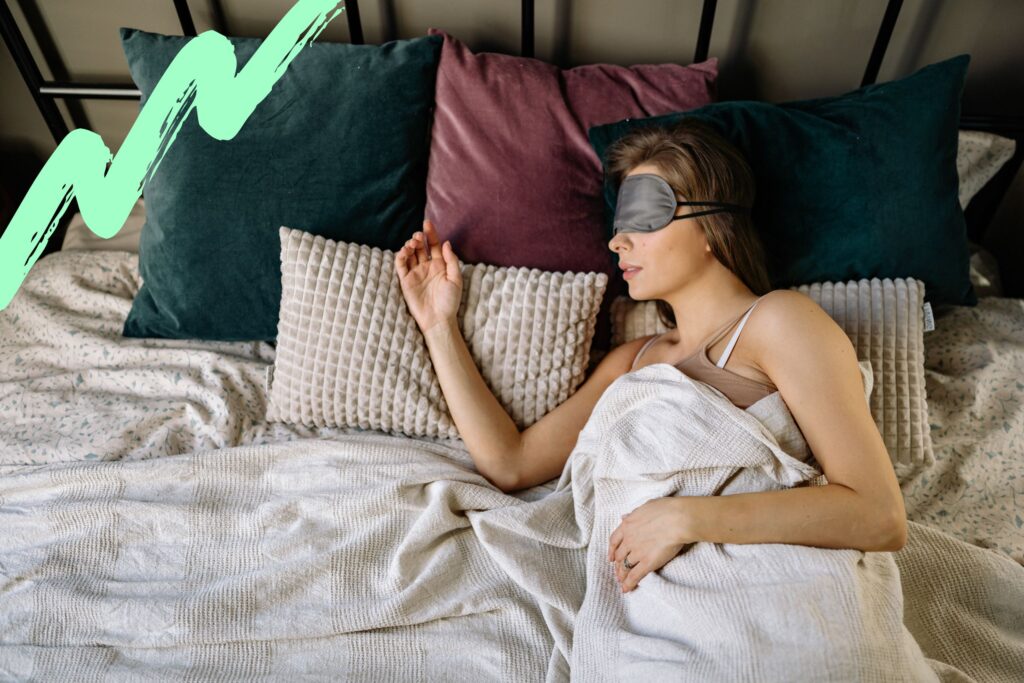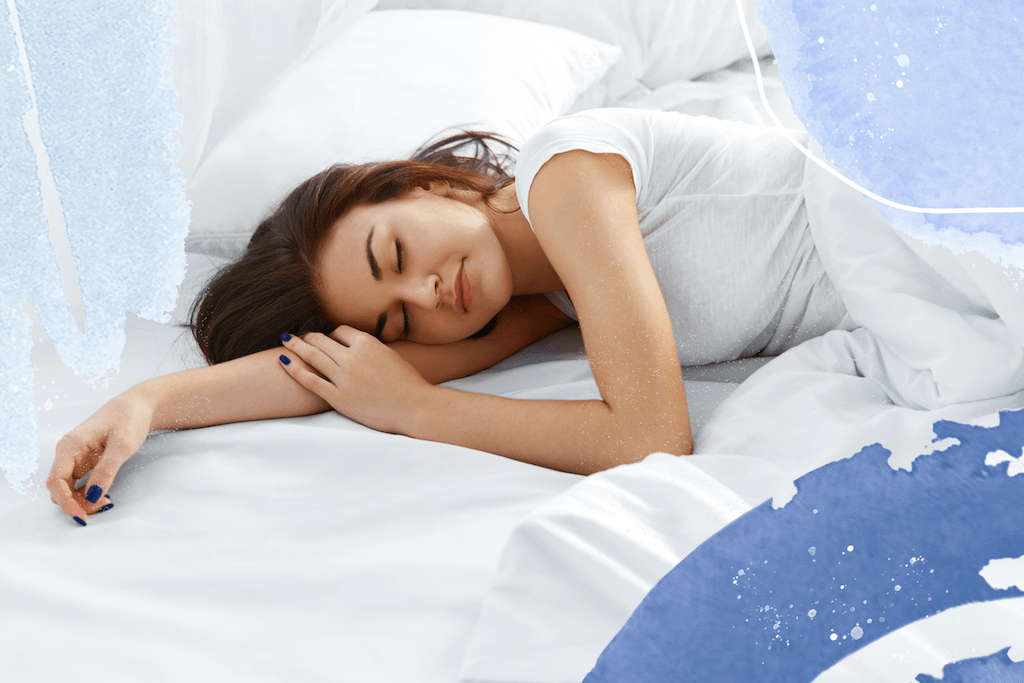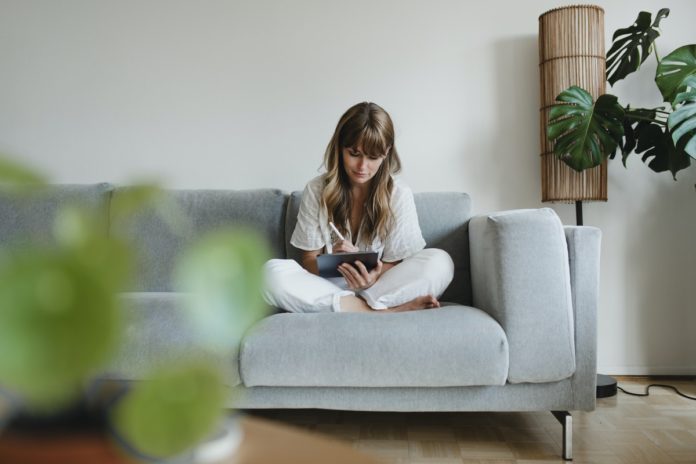Ideal for bettering your sleep hygiene…
For some of us, sleep comes easily. However, for many, many others, achieving a proper kip is a nightly struggle that leads to all manner of potential health risks, including a weakened immune system, a higher chance of developing diabetes, depression and heart disease, and more.
Most of us operate on a monophasic sleep schedule – this is where a person sleeps once a night for around 8 hours. Generally speaking, this is the only sleep schedule that doctors recommend.
Other sleep patterns include a biphasic sleep pattern where people sleep twice a day (also known as a siesta sleeping pattern) and usually, this involves one long sleep during the night and then a nap in the afternoon. A polyphasic sleeping pattern is less common and involves sleeping more than twice a day – how a baby sleeps, for example. For adults, both of these are generally discouraged by medical experts.
To better both the quantity and quality of sleep, the key is to focus on behaviours that directly affect your natural wake/sleep cycle – otherwise known as your circadian rhythm or body clock. To get into a monophasic groove and sleep better in the process, here are some ways to restore your circadian rhythm.
Beating Blue Light Exposure
The blue light coming from the screens of our smartphones, also referred to as high-energy visible (HEV) light, has been in the spotlight for many years due to its effects on human health and sleep.
This blue light also affects the body’s natural circadian rhythm, disrupting a person’s sleep cycle by sending signals to the brain to wake up even when it is time to sleep. In one 2019 systematic review published in the Chronobiology International Journal on how light exposure affects the circadian rhythm, only two hours of exposure to blue light can cause a decrease in melatonin secretion in the body. This well-known hormone is responsible for the regulation of sleep-wake cycles. This can lead to disrupted sleep patterns, fatigue, and irritability.
The blue light emitted by gadgets’ screens can interfere with your body’s natural production of melatonin, affecting how your body regulates your alertness and sleepiness. When you use screens close to bedtime, you’re more likely to have difficulty falling asleep and staying asleep throughout the night. By avoiding this, you can help restore your natural sleep patterns.
And for those who can’t completely avoid screen time in the evening, prescription sunglasses with blue light filtering can help reduce exposure to disruptive HEV light while still allowing necessary device use.

Listen To Something Relaxing Before Bed
Listening to music can help you sleep. This also includes listening to white noise, which contains all frequencies of sound at the same level. It can help mask disruptive background noises and can help you relax before bedtime. Consider sleep aid apps or white noise apps in case you are looking to find the best sleep apps.
Studies have found that listening to calming, soft music before bedtime can reduce stress and anxiety, relax your body and mind, and help you fall asleep faster. Research shows that music with a slow tempo of around 60-80 beats per minute works best, as it naturally synchronises with your resting heart rate. Classical music, ambient soundscapes, and nature sounds like rainfall or ocean waves are particularly effective.
For optimal results, start your audio routine 30-45 minutes before sleep and keep the volume low – just loud enough to be heard without becoming a distraction. Avoid music with lyrics or sudden volume changes, as these can be mentally stimulating and counterproductive to relaxation.

Routine Is Crucial
There are no hard and fast rules about when exactly one should get into bed in order to achieve those magic 8 hours. Neither is there accepted scientific wisdom about precisely the best time to get up.
Having said that, it has been shown that routine is key for wellbeing in a number of ways, and this includes your sleep. So, however you prefer to structure your day, you should do so routinely so that your body can anticipate a shift in gears accordingly.
Over time, your brain can learn to associate various elements of your routine with the onset of sleep. In doing so, it can start to produce melatonin, a natural hormone that helps regulate your circadian rhythm and facilitates a natural, easy transition into sleep.
This routine should pay particular attention to how you manage light and dark at home, as dark stimulates melatonin’s production and light slows it down. For more on that, check out our guide to the perfect bedtime routine.
Try Sex
We’ve all heard the rule that you should ‘only use your bed for sex and sleep’. Well, it turns out that the two go hand in hand, as a healthy sex life can actually help you sleep better. Theories propose that the chemicals released during sex – oxytocin and prolactin – help you relax and sleep better. What’s more, sex lowers the production of the stress hormone cortisol which, you guessed it, can interfere with your sleep.
Though many upgrade theirs in order to feel more comfortable during the night, you can actually invest in a mattress for sex as well as sleep, to help maximise the potential of your lovemaking and, accordingly, your rest afterwards!

Exercise
As the Evening Standard reports, experts agree that regular exercise is an important ingredient in the winning recipe for a good night’s rest. Exercise can help promote slow-wave sleep, which refers to the deep sleep required for your brain and body to rejuvenate.
The Sleep Foundation concur, going on to explain that “moderate-to-vigorous exercise can increase sleep quality for adults by reducing sleep onset’’, meaning you’ll fall asleep faster if you’ve exercised during the day.
It should be noted, however, that there’s some debate as to when exactly the best time to workout is, in order to gain a good night’s sleep. Experts and laypeople alike do seem to agree that vigorous exercise just before bedtime will disrupt your sleep. That said, light exercise like a gentle walk before bed, can have a generally positive effect on your Zzzeds.

Avoid Sleep Disruptive Foods
Most of us are well aware of the adverse effects of coffee before bedtime, and the stimulant effect of caffeine is a given. But are you aware of just how many other types of food are out there that can have similar stimulating – or, at least, disruptive – results? Things that are very sugary, for example, will tend to send our enteric systems into high gear, keeping us awake.
Similarly, curries and chilli dishes can also have a disruptive effect on the digestive system and should be avoided in the lead up to bedtime if you have trouble sleeping.
Foods that are not heavily spiced or sweet are ideal as you approach sleep time. Stews and soups are great, for example, and if you’re really keen on something sweet, fruits are a way better choice than chocolate or ice cream.
Read: 5 diet tips on hacking your circadian rhythm with food
Early Morning Matters
So much of the advice on sleeping well and consistently seems to centre around the pre-bed routine, but when and how you wake up in the morning matters, too. Rather than keep you here, staring into that disruptive blue light, we’ll redirect you to these tips on how to feel more energised in the morning (you can bookmark it for another time).
The Bottom Line
For peace and wellbeing, sleep is a fundamental process, and we risk damaging the hours in which we are awake by not being serious about the hours that we’re not. We hope you’ve found some inspiration above on how to take back control of your circadian rhythm, your sleeping patterns and your night’s rest.
Hey, hey you! You! We saw you nodding off there….ah well, we suppose that’s job done then.





